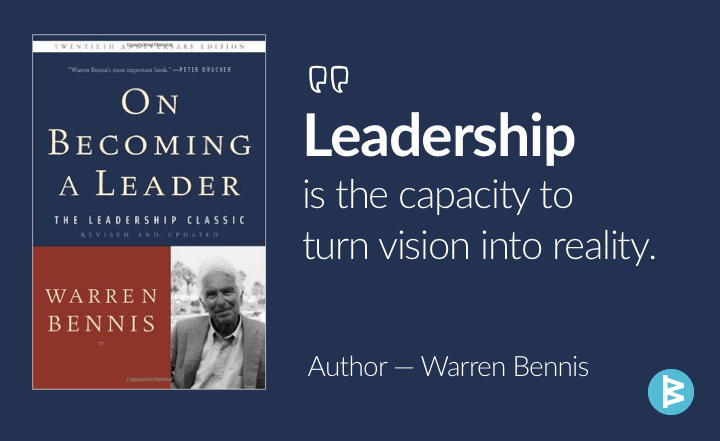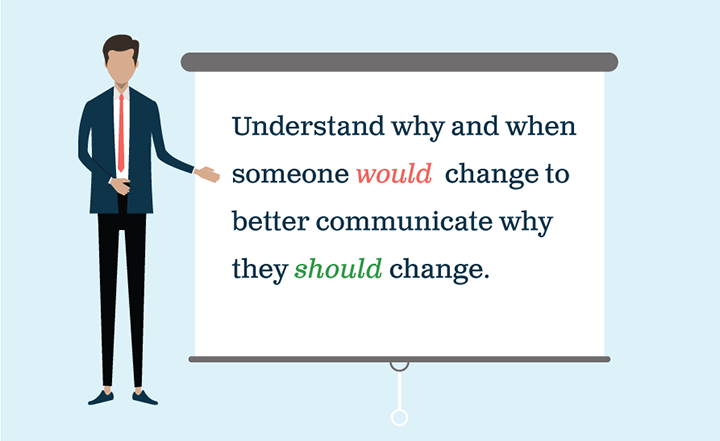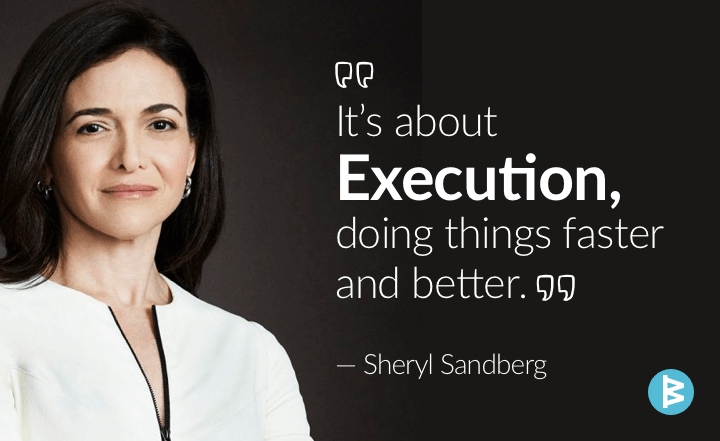
Leadership is a personal quality and behavior, not a role or title. And it’s an increasingly important capability in large enterprise as distance between people increases. In addition to physical distance between people, there is an even more fundamental and growing gap between people and their jobs and goals. While it’s always been important for senior managers and executives to lead, it’s never been more important for front line managers to do so.
Just 7% of people understand the goals of their organization and what they need to do to achieve them (ironically, 76% of people claim to use a To Do list). With as many as 30% of US workers remote and many more working across different locations, leadership is required at all levels. As our companies spread out at the edges, osmosis, elevator posters and CEO pitch videos aren’t sufficient. Making the mission clear and relevant, engaging people in goal achievement, driving accountability and delivering value are essential — whether you have a team of seven or seven hundred.
Cultivating these four qualities can help you expand your leadership impact and effectiveness:
1. Have clarity and vision
Leaders understand the problem or opportunity in front of them at its most essential level. Rather than the symptoms or byproducts of it, they understand the heart of it. They can articulate a clear, compelling vision for the solution to the problem or path forward to opportunity. Curiosity and deep interest in the intricacies of customer needs and markets build greater capacity in this leadership quality.
2. Engage people to realize the vision and achieve goals
Leaders are able to engage others to solve the problem or realize the opportunity identified. It’s not only motivating or inspiring people to achieve; leaders have the skill to break that achievement down into actions, then coach and hold people accountable on the path to goal. It’s where the proverbial rubber meets the road — realizing the vision through effort, tenacity and execution. Build leadership credibility and influence by demonstrating a high level of effort and execution every day.
3. Heightened awareness of change in the environment
Leaders are highly aware of the continuous change around them. They are adept at monitoring it, and quickly refactoring their problem/solution or opportunity statements to reflect the ever-changing environment. They know that anticipating where the puck will be and their response speed will improve their industry position (and their career trajectory). Build strength in this area by consciously — even voraciously — broadening and sharpening your listening skills.
4. Ability to drive change
When they combine clear vision, an ability to articulate a plan to execute and acute listening, leaders are more effective at driving the change they want to realize. More importantly, leaders combine greater understanding of change with genuine intent to provide real solutions and value. This massively amplifies their impact and influence — not because they talk a lot, but because they provide valued insights, assistance and answers. To amplify this quality, put your internal or external customer squarely at the center of your actions and conversation; the shift from self to others will vastly improve your results.
According to Deloitte, CEOs want more people to demonstrate leadership skills — it’s their most pressing talent concern and only 14% believe there are enough leaders in their management pipeline. Unfortunately, only 5% of these executives report having robust management and leadership development programs in place to help potential leaders build skills and rise through the organization!
While some managers feel overworked or stretched too thin, for motivated managers it’s a perfect time to build leadership competencies and skills. Many managers turn to achievement apps like WorkBoard to increase their capacity to lead and improve their management efficiency. They can spend less time on basic management functions without falling down on the job, which enables them to step up to the leader they want to be. WorkBoard makes communicating goals and priorities, getting transparency on execution and progress, and giving regular feedback much easier. Achievement apps give managers the time and head room in the day to think more strategically about opportunities, stay calibrated and ahead of market changes and deliver real value to customers and the organization.
Leadership isn’t a job, it’s the way you do a job. Lead the way.











